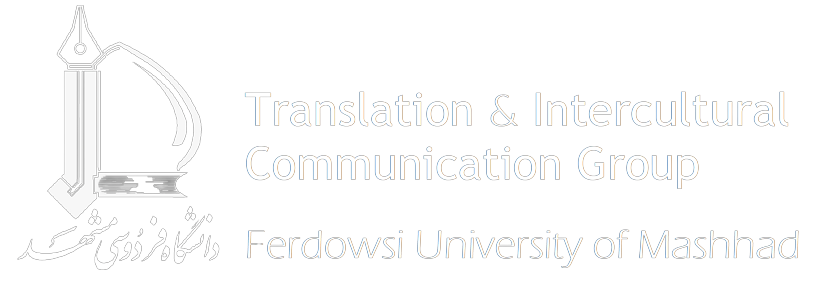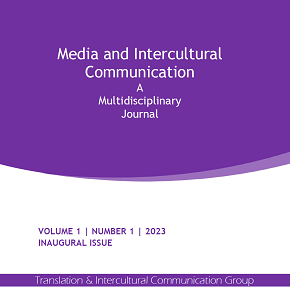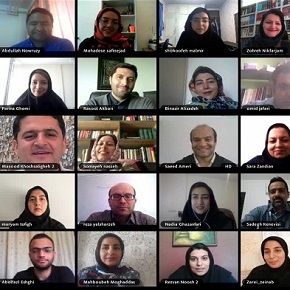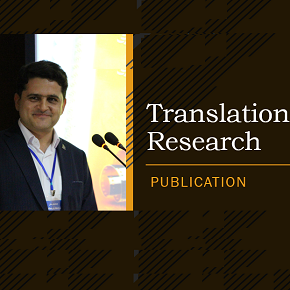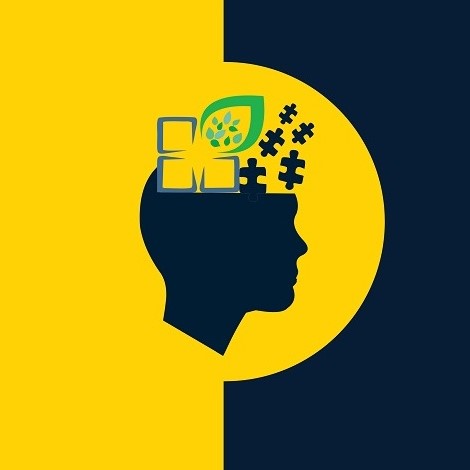The Impact of Technology on Media Accessibility | Dr. Nina Reviers
Abstract
As Gian Maria Greco (2018) has said: “[Media Accessibility] has developed in the wake of a theoretical and social revolution in society; a revolution that was made possible by (radical) changes in human rights and in information and communication technologies.” In this talk I want to explore how human-machine interaction comes to the fore as the driving force behind many developments in Media Accessibility (MA), with a focus on the dominant access modes of Audio Description (AD) and Subtitling for the D/deaf and hard of hearing (SDH). Technology has been a key factor in the growth of access provision and has supported the creation of access services as well as their dissemination and the way in which they are researched. At the same time, however, technology also risks creating new barriers. Not only does the digital divide risk to exclude a range of users from enjoying access services, but many questions also remain as to how to apply technology effectively and equitably. To illustrate how technology can both remove and create barriers, in the first part of this talk, I will discuss two projects that focus on automation in Media Accessibility: the application of Machine Translation for AD and the recent developments in automatic live subtitling for SDH. In the second part of this talk, I shift the focus from technology to human agency. As technology and automation gain ground, the role of the human in MA is reassessed and a growing number of scholars and practitioners are exploring alternative and artistic approaches to Media Access. This trend is going hand in hand with shifting views on accessibility and disability and a call for participatory approaches to the creation of access, widening the access spectrum.
About the Speaker
Nina Reviers is a tenure-track professor at the University of Antwerp. Her research focuses on Media Accessibility, exploring the friction between accessibility, translation, technology, and artistic creation. As co-founder of the OPEN Expertise Centre for Accessible Media and Culture, she values participatory approaches to access research. She is editorial board member of JAT and member of the Languages and the Media Steering Committee.
